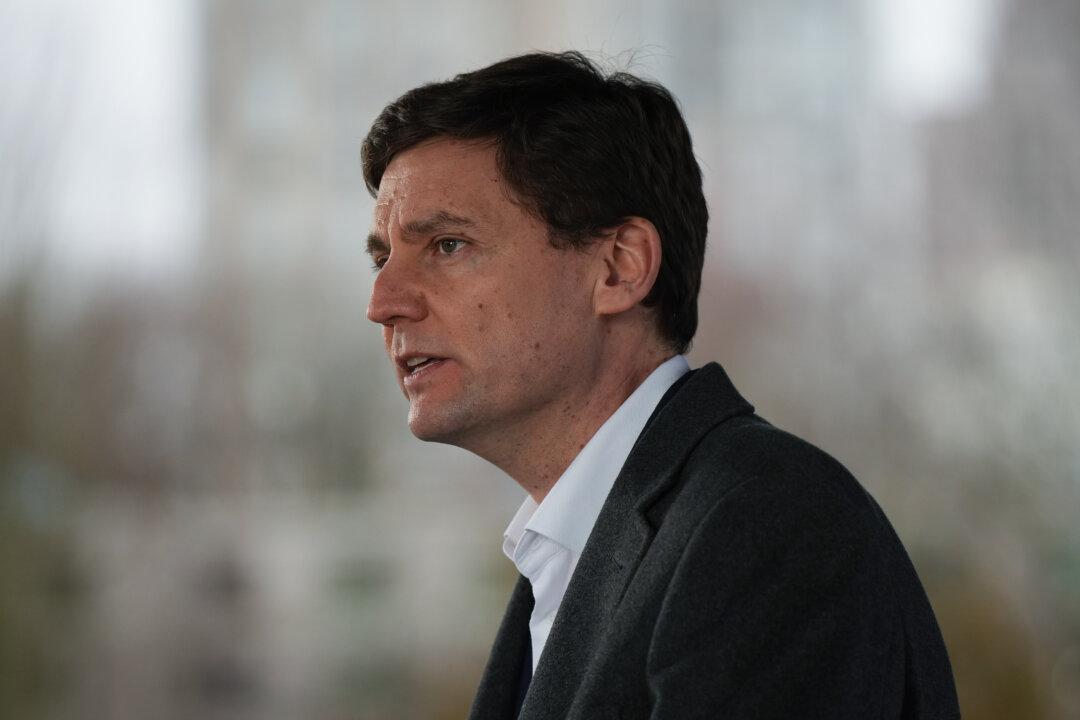British Columbia’s drug decriminalization pilot is set to expire in 2026, but it may end well before that depending on how the provincial general election goes this fall.
While the ruling NDP remains fairly committed to the pilot that began about a year ago, B.C. United Leader Kevin Falcon and B.C. Conservative Leader John Rustad have both vowed to take strong action against the pilot if elected.





